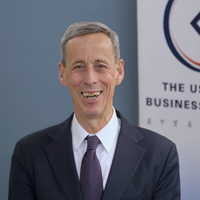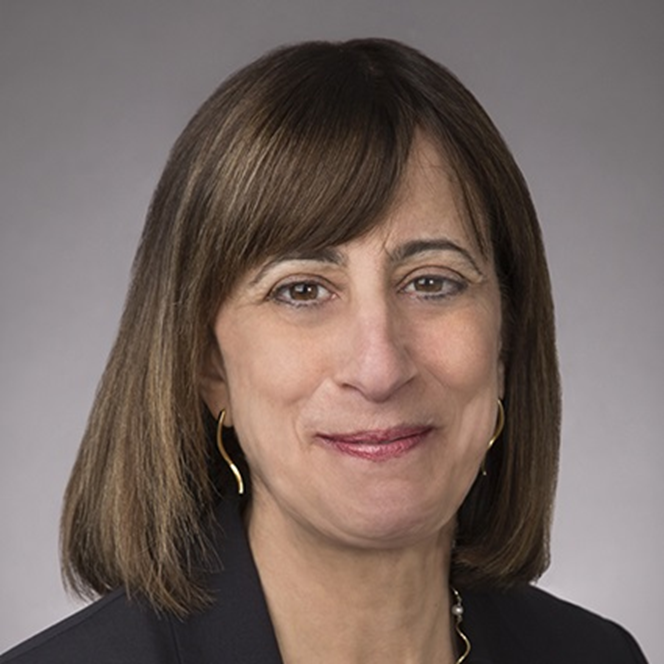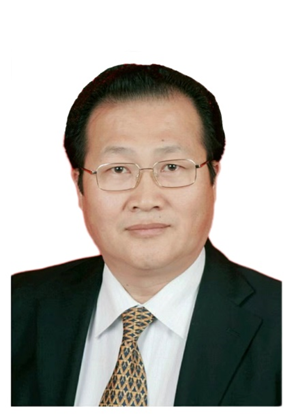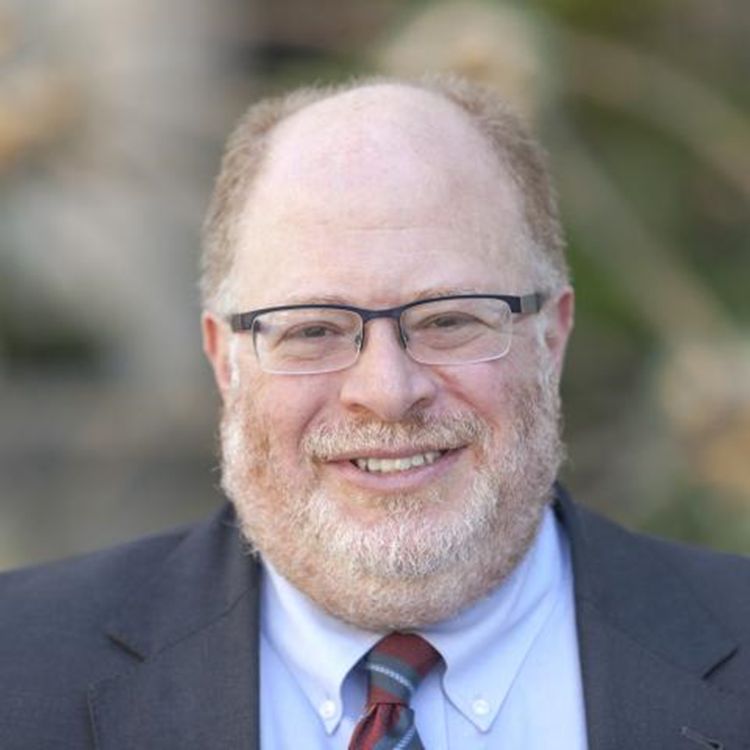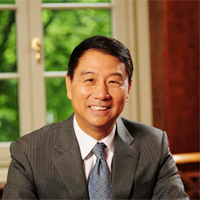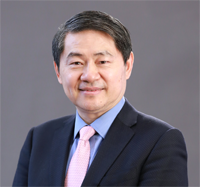
50 years after President Nixon and Premier Zhou Enlai’s epoch-making “handshake across the Pacific Ocean”, the year 2022 saw an increasingly tense relationship between the world’s two largest economies. The war in Ukraine and the supply chain bottlenecks have pushed up oil and food prices in the US, exacerbating the inflation spike of 2021. As the US Federal Reserve moves to increase interest rates, fears that they may trigger a recession have roiled stock markets. China, on the other hand, is grappling with domestic lockdowns, falling exports, and a property sector in crisis. The economy, set at a 5.5% annual rate target, could hardly achieve positive growth at all in the current quarter, as Premier Li Keqiang warned earlier at a meeting discussing the near collapse of economic activity in Shanghai.
However ambiguously sounded as “invest, align, and compete” in US secretary of state Anthony Blinken’s latest China policy statement, the intensifying strategic competition between the US and China will see no easy exit. However, as the two countries prepare for their respective key political events taking place in the fall, economic woes may render willingness from both sides to refocus on practical cooperation to eschew recession and jump-start growth.
Suggested points for discussion:
▷ Reassessing the costs and benefits of tariffs
▷ Stimulus and inflation: lessons learnt
▷ Chinese perspective on Indo-Pacific Economic Framework
▷ Breaking the diplomatic stalemate: what it takes?
When:
20:00–21:30 Beijing time, Sun. June 19 or Mon. June 20, 2022
08:00-09:30 Eastern time, Sun. June 19 or Mon. June 20, 2022
Language:
English/Mandarin simultaneous interpretation
Speakers
Craig Allen is the president of US-China Business Council. On July 26, 2018, Craig Allen began his tenure in Washington, DC, as the sixth President of the United States-China Business Council (USCBC), a private, nonpartisan, non-profit organization representing over 200 American companies doing business with China. Prior to joining USCBC, Craig had a long, distinguished career in US public service. Craig began his government career in 1985 at the Department of Commerce’s International Trade Administration (ITA). He entered government as a Presidential Management Intern, rotating through the four branches of ITA. From 1986 to 1988, he was an international economist in ITA’s China Office.
In 1988, Craig transferred to the American Institute in Taiwan, where he served as Director of the American Trade Center in Taipei. He held this position until 1992, when he returned to the Department of Commerce for a three-year posting at the US Embassy in Beijing as Commercial Attaché. In 1995, Craig was assigned to the US Embassy in Tokyo, where he served as a Commercial Attaché. In 1998, he was promoted to Deputy Senior Commercial Officer. In 1999, Craig became a member of the Senior Foreign Service.From 2000, Craig served a two-year tour at the National Center for APEC in Seattle. While there, he worked on the APEC Summits in Brunei, China, and Mexico. In 2002, it was back to Beijing, where Craig served as the Senior Commercial Officer. In Beijing, Craig was promoted to the Minister Counselor rank of the Senior Foreign Service.
After a four-year tour in South Africa, Craig became Deputy Assistant Secretary for Asia at the US Department of Commerce’s International Trade Administration. He later became Deputy Assistant Secretary for China. Craig was sworn in as the United States ambassador to Brunei Darussalam on December 19, 2014. He served there until July 2018, when he transitioned to President of the US-China Business Council. Craig received a B.A. from the University of Michigan in Political Science and Asian Studies in 1979. He received a Master of Science in Foreign Service from Georgetown University in 1985.
Wendy Cutler is Vice President at the Asia Society Policy Institute (ASPI) and the managing director of the Washington, D.C. office. In these roles, she focuses on leading initiatives that address challenges related to trade, investment, and innovation, as well as women’s empowerment in Asia. She joined ASPI following an illustrious career of nearly three decades as a diplomat and negotiator in the Office of the U.S. Trade Representative (USTR), where she also served as Acting Deputy U.S. Trade Representative. During her USTR career, she worked on a range of bilateral, regional, and multilateral trade negotiations and initiatives, including the U.S.-Korea Free Trade Agreement, the Trans-Pacific Partnership, U.S.-China negotiations, and the WTO Financial Services negotiations. She has published a series of ASPI papers on the Asian trade landscape and serves as a regular media commentator on trade and investment developments in Asia and the world.
Jin Xu is now Chairman of China Association of International Trade, President of International Development Cooperation College, UIBE, Honorary Professor of Durham University/UK, and Senior Investment Adviser of PIGA China Representative Office, ITC, United Nations. Mr. Jin Xu has very rich professional experience in international commerce and diplomacy and has served as the Third Secretary of the Chinese Embassy in Turkey, Director of the Office of Three Express Cargo Trains to Hong Kong and Macao , Commercial Counsellor of the Chinese Consulate General in San Francisco, Deputy Director General of the Department of American and Oceanian Trade Affairs, MOFCOM, and President of Academy for International Business Officials (AIBO), MOFCOM, and Minister Counsellor for Economic and Commercial Affairs of the Chinese Embassy in the UK. In 1975, Mr. Jin Xu went to the rural area and worked in Xingyang Railway Farm, Henan Province. He joined the army and served in Guangzhou Air Force in 1976. He graduated from University of International Business and Economics (UIBE) in 1984 and then completed advanced studies programs at Trinity College / Ireland in 1985 and at Harvard Business School/USA in 1998.
Adam S. Posen has been president of the Peterson Institute for International Economics since January 2013. Over his career, he has contributed to research and public policy regarding monetary and fiscal policies in the G-20, the challenges of European integration since the adoption of the euro, China-US economic relations, and developing new approaches to financial recovery and stability. He was one of the first economists to seriously address the political foundations of central bank independence and to analyze Japan’s Great Recession as a failure of macroeconomic policy. While at the Federal Reserve Bank of New York during 1994–97, he coauthored Inflation Targeting: Lessons from the International Experience with Ben Bernanke, Thomas Laubach, and Frederic Mishkin.During Dr. Posen’s presidency, the Peterson Institute has won global recognition as the leading independent think tank in international economics, including repeated top rankings from the Prospect Think Tank Awards and the Global Go To Think Tank Index. Under his leadership, PIIE has expanded to include 42 world-renowned resident and nonresident fellows and increased its endowment by 50 percent. Since 2013, PIIE has developed high-level recognition and research partnerships in the People’s Republic of China, while deepening longstanding ties with policymakers in other East Asian, European, and North American capitals. The Institute also has broken new ground in providing accessible economic analysis to the general public.
In September 2009, Posen was appointed by the UK Chancellor of the Exchequer to serve a three-year term as an external voting member of the Bank of England’s rate-setting Monetary Policy Committee (MPC). During this critical period for the world economy, Posen advocated an activist policy response to the financial crisis, led the MPC into quantitative easing, and accurately forecast global inflation developments. The Atlantic named him in its line-up of global “Superstar Central Bankers” in 2012. He also consulted for the UK Cabinet Office for the successful London G-20 summit of 2009 during the global financial crisis.
He was made an honorary Commander of the Most Excellent Order of the British Empire by Her Majesty Queen Elizabeth II in 2014 for his services to British economic policy. He received the Order of the Rising Sun from the government of Japan in 2021 for his distinguished achievements in advancing US-Japanese economic relations and Japanese economic policy in the global context.
Posen has been the recipient of major grants and research fellowships from the American Academy in Berlin, the Brookings Institution, the Bank of England, the European Commission, the Ford Foundation, the Sloan Foundation, and the US National Science Foundation. In November 2018, he gave the inaugural Adam Smith Distinguished Lecture at the University of Glasgow. In January 2019, he was named a CEPR Distinguished Fellow. He served seven terms as a member of the Panel of Economic Advisers to the U.S. Congressional Budget Office from 2005 to 2019. Posen received his BA and PhD from Harvard University.
Posen has been widely cited and published commentary in leading news and policy publications, including the Financial Times, Foreign Affairs, New York Times, Wall Street Journal, Washington Post, Nihon Keizai Shimbun, Asahi Shimbun, Handelsblatt, Die Welt, Harvard Business Review, and The International Economy. He appears frequently on Bloomberg television and radio, among other media programming.
Jeremie O. Waterman is president of the China Center and vice president for Greater China at the U.S. Chamber of Commerce. Waterman is responsible for developing and executing Chamber policy initiatives in China, Hong Kong, Taiwan, and Mongolia as well as steering the Chamber’s policy work in the Asia-Pacific region.
In carrying out the Chamber’s Greater China agenda, Waterman directs its trade and investment policy advocacy and initiatives in the areas of investment, innovation, intellectual property rights, financial services, agriculture, health care, energy and environment, and corporate governance and social responsibility.
Waterman has pioneered a number of Chamber business initiatives focused on China, such as the U.S.-China CEO Dialogue and the newly created China Center. He is frequently quoted in the media on a broad range of China issues relating to international business and trade policy and is a periodic guest on news programs.
Before joining the Chamber, Waterman worked for five years at the US-China Business Council as director for government affairs. He also served at the Office of the United States Trade Representative in the offices of Congressional Affairs and Africa.
Waterman received a master’s degree from the Fletcher School of Law and Diplomacy at Tufts University in Boston and is a graduate of the University of California at Los Angeles. He and his wife have two children.
Yi Xiaozhun began his first term as Deputy Director-General of the WTO on 1 October 2013. He was appointed for a second four-year term, starting on 1 October 2017. Yi Xiaozhun has extensive experience in world trade and economics, both as a senior government official and subsequently as China’s ambassador to the WTO.He represented China as a key negotiator in China’s WTO accession process, making an important contribution to the negotiations.Prior to becoming China’s ambassador to the WTO in 2011, Mr Yi was Assistant Minister and subsequently China’s Vice Minister of Commerce in charge of multilateral and regional trade negotiations and cooperation. Besides his contribution to China’s WTO accession, he played a leading role in negotiating numerous free trade agreements (FTAs), including the China-ASEAN agreement, China’s first FTA, and advanced China’s involvement with Asia-Pacific Economic Co-operation (APEC), the Asia-Europe Meeting (ASEM), the United Nations Conference on Trade and Development (UNCTAD), the Organization for Economic Co-operation and Development (OECD), the 10+3 East Asia Summit (EAS) and related high-level meetings. He also worked as a diplomat at the Chinese Embassy in the United States for more than four years from the late 1980s to the early 1990s.
After becoming China’s ambassador to the WTO, Mr Yi was elected as the Chair of the Working Party of the Accession of Lao PDR and showed effective leadership in the process leading to WTO membership for Laos.
Mr Yi obtained a Master’s degree in economics from Nankai University in China in 1999. He is married to Meng Xiaoling and has one daughter.
Dr. Henry Huiyao Wang is Founder and President of the Center for China and Globalization (CCG). He is a Vice Chairman of China Association for International Economic Cooperation (CAIEC) under the Ministry of Commerce (MOFCOM), Vice Chairman, China Talent Research Society under the Ministry of Human Resources and Social Security. He is also Vice Chairman of China Public Relations Association; a Director of Chinese People’s Institute of Foreign Affairs and a Director of China National Committee for Pacific Economic Cooperation, both organizations under the supervision of Ministry of Foreign Affairs. He is a Professor and Dean of the Institute of Development at Southwestern University of Finance and Economics in China. Dr. Wang is a member of Advisory Committee for Global Competence Development of Tsinghua University and serves on the Advising Board of Duke-Kunshan University.Dr. Wang is a Steering Committee Member of Paris Peace Forum and was an Advising Board Member for International Organization of Migration (IOM) of the UN. He pursued his doctoral studies at University of Western Ontario and University of Manchester, and obtained PhD degree in international management. He was a Visiting Fellow at The Brookings Institution, a Senior Fellow at Harvard Kennedy School and a Senior Fellow at Asia-Pacific Foundation of Canada. He has published over 100 books in English and Chinese along with hundreds of journal articles and opinion pieces on global relations, global governance, global migration, China outbound and inbound investment and trade, Chinese Diasporas and Chinese think tanks.He is the editor of China and Globalization Series which includes Consensus or Conflict? China and Globalization in the 21st Century co-edited by Huiyao Wang and Alistair Michie (Springer-Nature, 2021) ,The Asian 21st Century by Kishore Mahbubani (Springer-Nature, 2021 ),Transition and Opportunity Strategies from Business Leaders on Making the Most of China’s Future co-edited by Huiyao Wang and Lu Miao (Springer-Nature, 2022 ) and China and the World in a Changing Context-Perspectives from Ambassadors to China co-edited by Huiyao Wang and Lu Miao (Springer-Nature, 2022 ).
He is also a frequent speaker at international events such as the World Economic Forum, Munich Security Conference, Paris Peace Forum, WTO Public Forum, Munk Debate, Berlin Foreign Policy Forum, and Milken Global Forum. Over the past year, Dr. Wang launched “CCG Global Dialogue” series, inviting global thought leaders and prominent scholars including Graham T. Allison Jr., Kerry Brown, Neil Bush, Kent E. Calder, Wendy Cutler, Angus Deaton, David J. Firestein, Thomas L. Friedman, Valerie Hansen, John Hamre, Wolfgang Ischinger, David M. Lampton, Pascal Lamy, Kishore Mahbubani, Jim O’Neill, Stephen S. Roach, Joseph S. Nye Jr., Adam S. Posen, J. Stapleton Roy, Anthony Saich, John L. Thornton, Susan A. Thornton and Martin Wolf, to discuss issues related to China-US relations, globalization, global economy, international development, and China’s role in the world.
